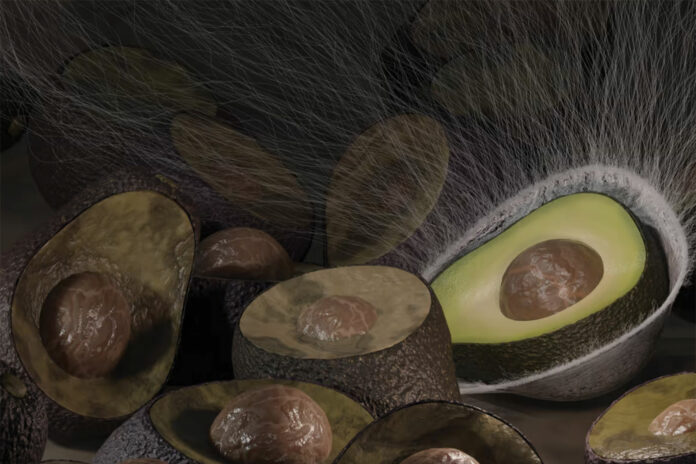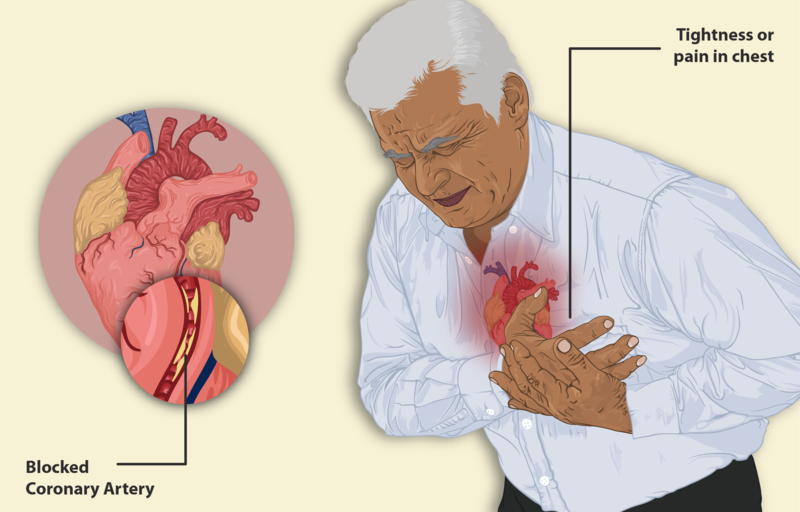Excessive alcohol consumption poses a significant risk for numerous non-communicable diseases, such as cancer, heart disease, stroke, and diabetes. This issue is a global concern and is incorporated into the United Nations’ Sustainable Development Goals (SDGs), also known as the Global Goals, established in 2015.
To date, no study has definitively established an effective method for curbing excessive alcohol consumption.
However, a recent University of Tsukuba School of Medicine study proposes that non-alcoholic beverages could offer a solution.
This is the world’s first study to investigate the impact of non-alcoholic drinks on alcohol intake.
Findings reveal that consuming beverages that taste like beer or cocktails but contain no alcohol led to a reduction in alcohol consumption, with the effect persisting for up to eight weeks.
The study involved 123 participants, aged 20 or older, classified as “excessive drinkers” – individuals who consumed alcohol on at least four days a week, with a minimum intake of 40 g for men or 20 g for women on each of those days. The group was split into an intervention group consuming non-alcoholic drinks for 12 weeks and a control group.
At the 12-week mark, the intervention group showed a substantial reduction in alcohol consumption, with a change of -320.8 gm compared to the control group.







